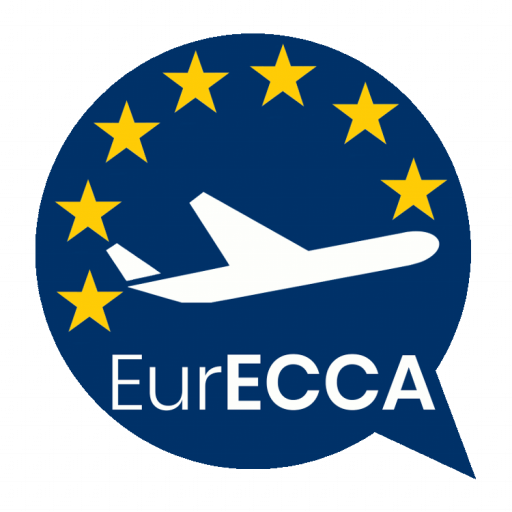Which directive applies to whom?
The first question that arrises is: which directive applies to cabin crew? Directive 2003/88/CE Art. 14 says that this directive shall not apply where other Community instruments contain more specific requirements relating to the organisation of working time for certain occupations or occupational activities.
The Directive 2003/88/CE for example mentions seafarers as an occupation not bound to the directive because they have their own specific directive dating back from 1999. Civil aviation mobile workers also have a specific directive, Directive 2000/79/CE, but are not mentioned as a occupation not bound to Directive 2003/88/CE
So are we completely excluded from the general working time Directive 2003/88/CE as we have a more specific Community provision with Directive 2000/79/CE?
If we refer to the same Directive 2003/88/CE Art. 20 :It seems NO
Article 20 says that articles 3, 4, 5 and 8 of the Directive shall not apply to mobile workers. If this article specifically states that these articles do not apply, the rest of the articles apparently do apply. The only conclusion is that both Directives 2000/79/CE and 2003/88/CE apply to cabin crew apart for the articles in which we are explicitly excluded.
What about social aspects not regulated in 2003/88/CE and 2000/79/CE?
The social aspects in articles 3, 4, 5 and 8 of the 2003/88/CE are not applicable to aviation mobile workers. The same goes for stand-by duty. Directive 2003/88/CE does not regulate stand-by duties.
The specific Directive 2000/79/CE does regulates daily rest, breaks, weekly rest periods and length of night work for aviation mobile workers, but in a very general way and it does not regulate stand-by.
On the other hand the Certification Specifications laid down in EASA regulation 83/2014 (FTL) regulates all these aspects in a very specific way. It even stipulates that stand-by time is only partly working time, where as the worker is at the disposal of the employer all the time.
The problem with EASA regulation 83/2014 (FTL) is the legal bases of the regulation. That legal basis is article 91 of the TFEU (The Treaty of the Functioning of the European Union), being Transport and safety only, where as the working time directives 2000/79/CE and 2003/88/CE have Transport (art. 91 of TFEU) and Social Policies (art. 151 of TFEU) as legal basis.
Can a regulation based only on article 91 regulate working conditions of cabin crew such as daily rest, breaks, weekly rest, length of night work and stand-by duty, where as the TFEU stipulates regulations on both transport and social policies?
Apparently an omission has been made by the Commission in respect to the 83/2014 (FTL) regulation. EurECCA is surprised that the Commission did not order that both transport and social policies had to taken into account. The re-opening of the Working Time Directive 2203/88/CE should be seen as an opportunity to also re-open Directive 2000/79/CE.
What should be done?
- Re-open Directive 2000/79/CE to regulate more specifically all social aspects (including art. 3,4,5 and 8 of 2003/88CE and stand-by) of the work of aviation mobile workers in one specific Community Instrument.
- Adapt the Certification Specifications in Regulation 83/2014 (FTL) to comply with Directive 2000/79/CE, thus complying with the legal bases laid down in TFEU respecting both transport and social policies.

